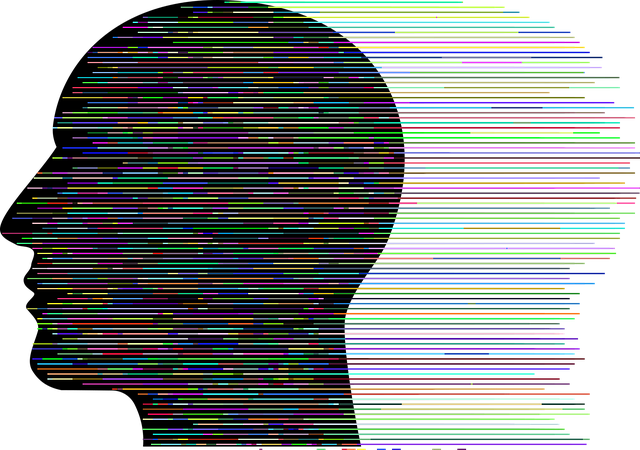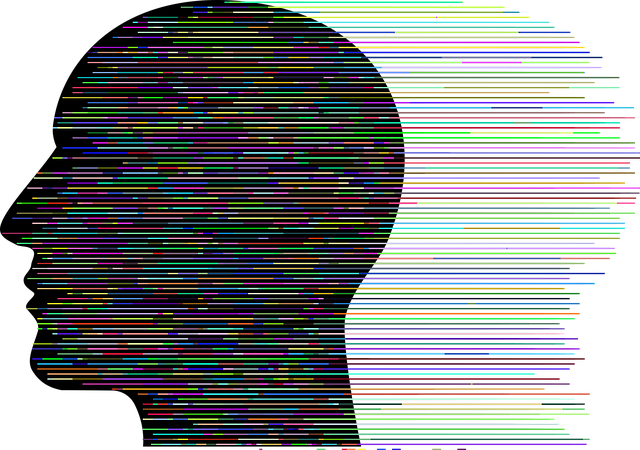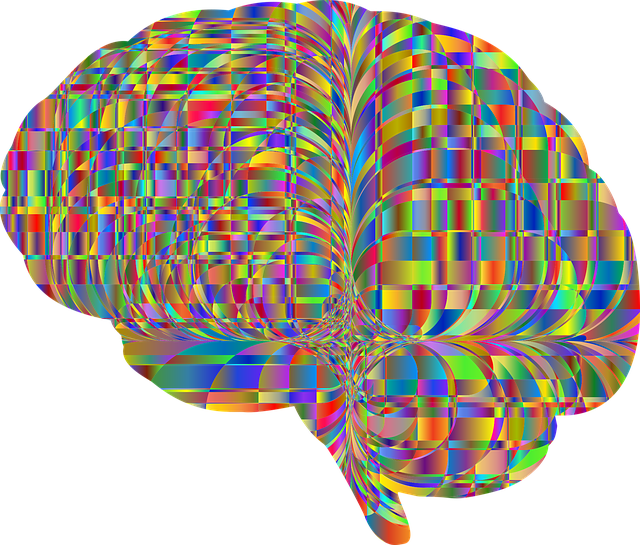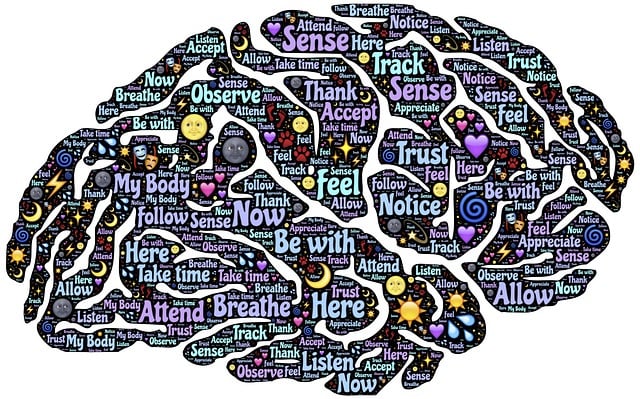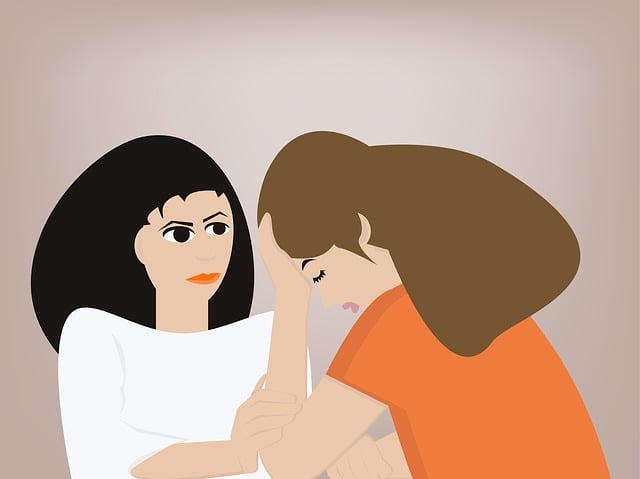Arvada Geriatrics Therapy leads in mental health education through a multifaceted approach. They advocate for mental health literacy, addressing diverse needs across age groups and demographics. Their tailored programs integrate evidence-based practices with interactive techniques for optimal learning. Creating safe spaces with active listening fosters open dialogue about emotional well-being. Robust assessment tools measure program impact while participant feedback guides continuous improvement. This holistic strategy destigmatizes mental health conversations, enhancing community resilience, especially in high-stress healthcare settings.
Mental health education programs play a pivotal role in fostering well-being, especially as issues like anxiety and depression increasingly affect diverse populations. This article explores effective program design, drawing insights from Arvada Geriatrics Therapy’s tailored approach for different age groups and demographics. We delve into evidence-based practices, interactive learning methods, supportive environment creation, and evaluation strategies, offering valuable guidance on improving mental health literacy and program success.
- Understanding Mental Health Literacy: The Foundation of Effective Programs
- Tailoring Content for Different Age Groups and Demographics in Arvada Geriatrics Therapy
- Integrating Evidence-Based Practices and Interactive Techniques for Optimal Learning
- Creating a Supportive Environment: Encouraging Open Dialogue and Fostering Trust
- Evaluating and Measuring the Impact: Assessing Program Success and Continuous Improvement
Understanding Mental Health Literacy: The Foundation of Effective Programs

Mental health literacy is a crucial foundation for designing effective programs, especially in settings like Arvada Geriatrics Therapy. It involves understanding common mental health conditions, their causes, and symptoms, as well as knowing how to recognize when professional help is needed. By equipping individuals with this knowledge, we empower them to make informed decisions about their own mental wellness. This is particularly important within the healthcare sector, where Burnout Prevention Strategies for Healthcare Providers are essential due to high stress levels and demanding work environments.
A comprehensive Mental Health Policy Analysis and Advocacy approach ensures that these programs are not just educational but also drive systemic change. By fostering a culture of open dialogue and destigmatizing mental health discussions, we create an environment where people feel safe seeking help early on. This proactive approach can significantly reduce the burden of mental health issues, ultimately improving overall community well-being.
Tailoring Content for Different Age Groups and Demographics in Arvada Geriatrics Therapy

Arvada Geriatrics Therapy recognizes that mental health concerns can vary greatly across different age groups and demographics. Therefore, their education program design emphasizes tailoring content to meet the unique needs of each target audience. For older adults, the focus might shift towards addressing common mental health issues like depression prevention, as the risk tends to increase with age. The program can integrate coping skills development tailored for geriatric populations, considering the challenges they may face in accessing support and resources.
Community outreach programs play a vital role in reaching diverse demographics. Arvada Geriatrics Therapy utilizes these initiatives to promote mental health education in underserved communities, ensuring that everyone has access to essential knowledge. By incorporating cultural sensitivity and awareness, the program aims to break down barriers and create an inclusive environment where participants can openly discuss their experiences and learn effective coping strategies, ultimately enhancing overall well-being within the community.
Integrating Evidence-Based Practices and Interactive Techniques for Optimal Learning

In designing a mental health education program, integrating evidence-based practices and interactive techniques is key to optimal learning. Programs like Arvada Geriatrics Therapy emphasize the importance of combining scientific research with engaging methods to effectively address various mental health concerns. For instance, incorporating conflict resolution techniques, confidence boosting exercises, and mindfulness meditation can create a dynamic learning environment. These interactive components not only enhance knowledge retention but also foster skill development, allowing participants to actively apply what they’ve learned in their daily lives.
By balancing evidence-based practices with interactive elements, the program ensures that learners gain both theoretical understanding and practical abilities. Techniques such as role-playing scenarios for conflict resolution or guided mindfulness meditations help break down complex concepts into manageable activities. This blend of education and engagement mirrors successful strategies used in various fields, including geriatric therapy, where a holistic approach is essential for addressing the unique needs of an aging population.
Creating a Supportive Environment: Encouraging Open Dialogue and Fostering Trust

Creating a supportive environment is paramount when designing mental health education programs. This includes cultivating spaces where individuals feel safe to express their thoughts and emotions openly, free from judgment or stigma. At Arvada Geriatrics Therapy, we prioritize fostering trust through active listening and empathy, ensuring every participant feels heard and understood. Encouraging open dialogue involves establishing ground rules that emphasize respect, confidentiality, and non-discrimination, which can help individuals feel more comfortable sharing their personal experiences and challenges.
Building trust is crucial for creating a safe space. This can be achieved by promoting consistency in interactions, being transparent about program goals and activities, and ensuring the privacy of participants’ information. By incorporating these principles, mental health education programs can facilitate meaningful conversations about mood management and mind over matter principles, ultimately contributing to improved mental wellness. Additionally, initiatives like the Mental Wellness Podcast Series Production can engage a broader audience, extending the benefits of education beyond the classroom setting.
Evaluating and Measuring the Impact: Assessing Program Success and Continuous Improvement

Evaluating the impact of a mental health education program is paramount to ensure its success and identify areas for improvement. At Arvada Geriatrics Therapy, we employ robust assessment tools to gauge the effectiveness of our initiatives. This includes pre- and post-program surveys to measure participants’ knowledge gain, attitude shifts, and perceived skill development related to stress reduction methods, conflict resolution techniques, and cultural sensitivity in mental healthcare practice.
By comparing these scores, we can pinpoint specific aspects that resonate well with the audience and those needing further refinement. This data-driven approach allows us to continuously improve our program design, ensuring it remains relevant and impactful. Regular feedback from participants also plays a vital role, offering insights into practical applications of learned skills and how they are integrated into daily lives, ultimately fostering better mental health outcomes.
Arvada Geriatrics Therapy emphasizes that a well-rounded mental health education program involves tailoring content for diverse audiences, integrating interactive evidence-based practices, fostering open dialogue in a supportive environment, and continually evaluating its impact. By building upon these pillars, programs can effectively enhance mental health literacy, ensuring that individuals of all ages and backgrounds have access to the resources they need to navigate their mental health journeys with confidence and support.

